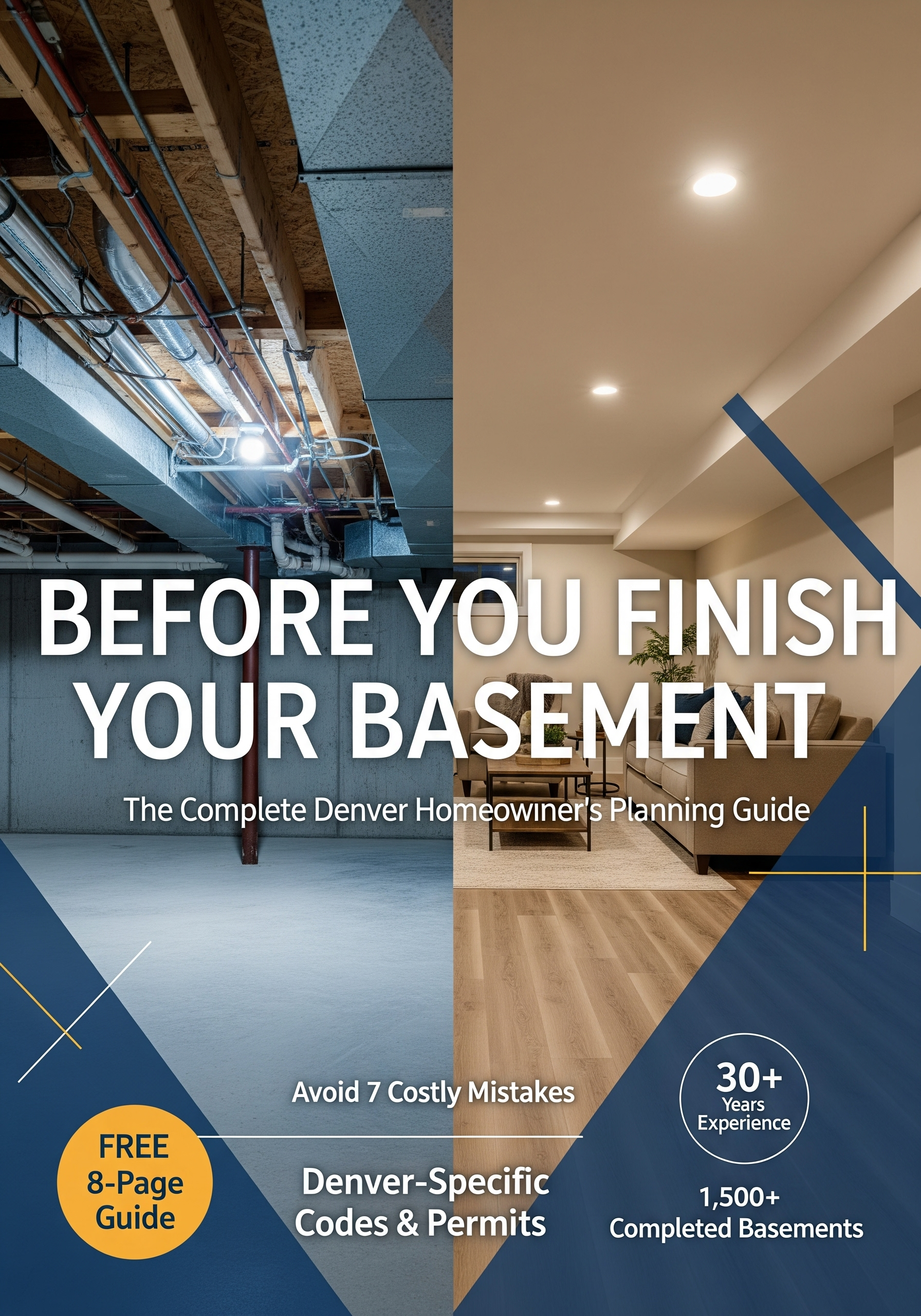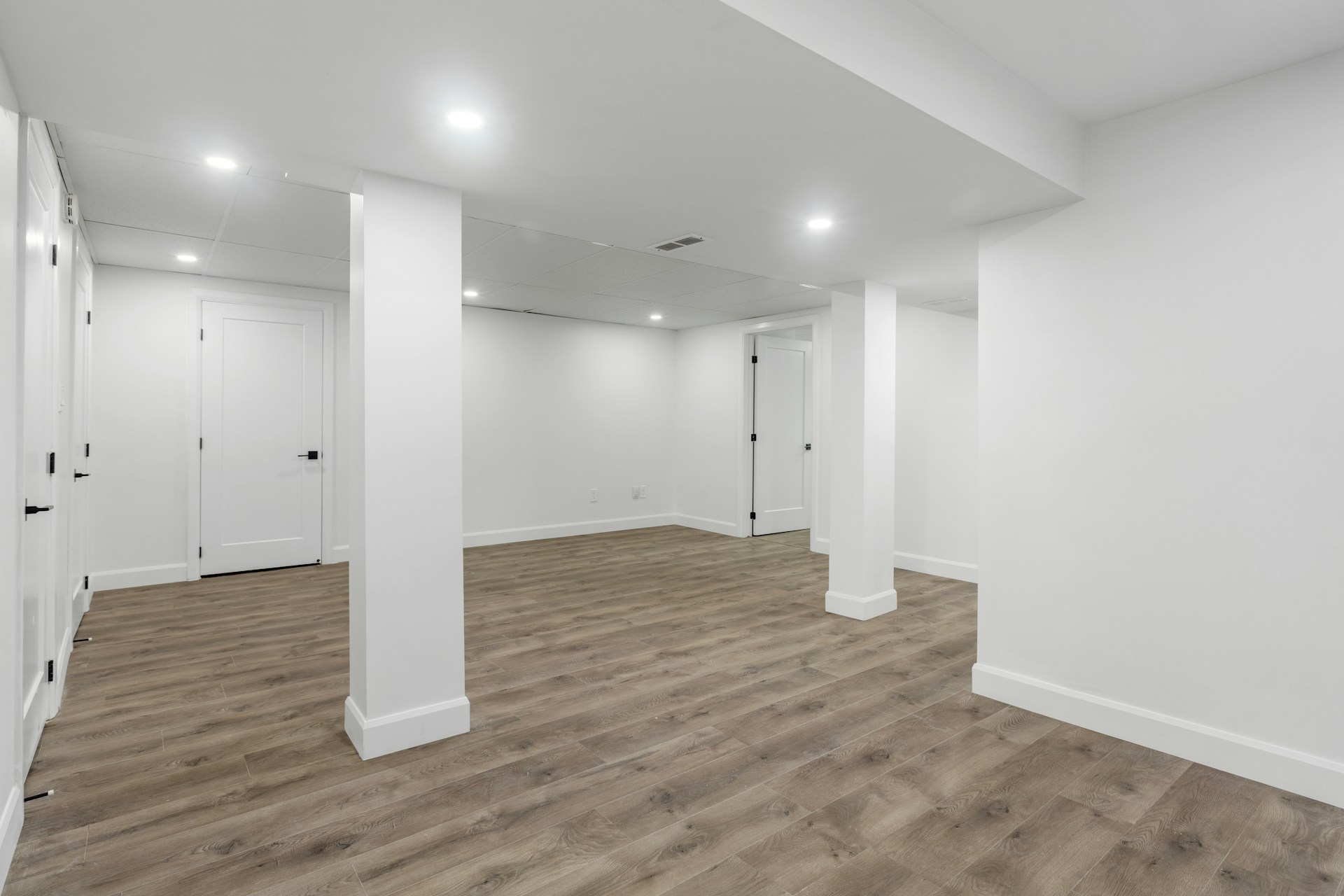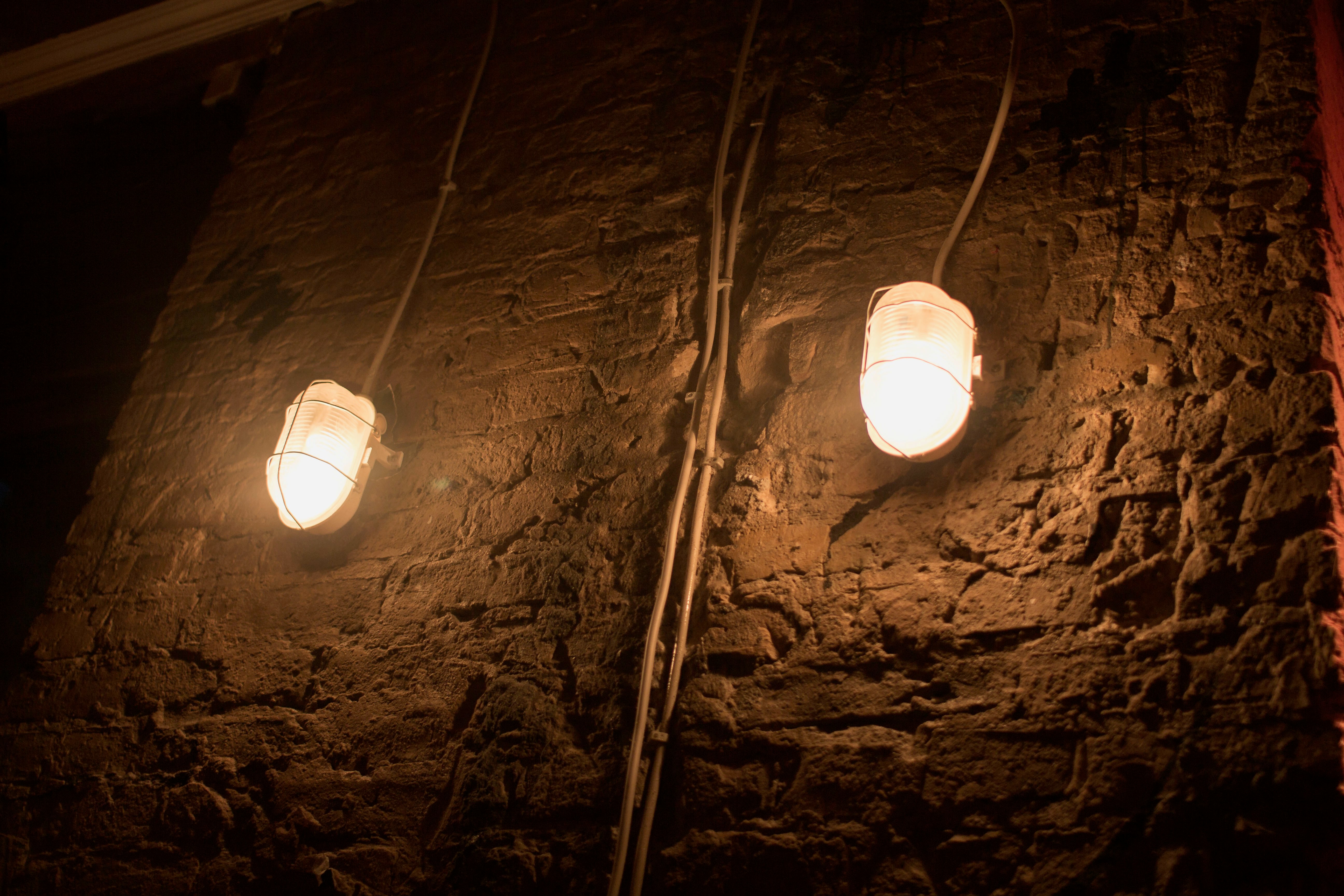How to Choose the Right Flooring for Your Basement
How to Choose the Right Flooring for Your Basement
Selecting the perfect flooring for your basement is a critical decision that affects both the aesthetics and functionality of your space. Basements present unique challenges due to potential moisture issues, temperature fluctuations, and concrete subfloors. This guide will help you navigate the different options and make an informed choice.
Understanding Basement Conditions
Before selecting your flooring, it's important to understand the specific conditions in your basement:
Moisture Levels
Basements are naturally prone to higher humidity and potential moisture problems. Even if your basement seems dry, concrete is porous and can wick moisture from the ground. Consider conducting a simple moisture test:
- Tape a 2x2 foot piece of plastic sheeting to your concrete floor
- Seal all edges with waterproof tape
- Leave it for 24-48 hours
- Check for condensation or darkening of the concrete
If you see signs of moisture, you'll need to address these issues before installing flooring and choose a moisture-resistant option.
Temperature Fluctuations
Basements are typically cooler than the rest of your home, particularly in the winter months. Some flooring materials can feel uncomfortably cold underfoot, while others provide better insulation.
Subfloor Conditions
Evaluate your concrete subfloor for cracks, unevenness, or other issues that might need to be addressed before installation.
Best Flooring Options for Basements
1. Luxury Vinyl Plank (LVP) or Tile (LVT)
Pros:
- 100% waterproof
- Warm underfoot compared to tile
- Available in designs that mimic wood or stone
- Easy to install (many are click-lock floating floors)
- Durable and scratch-resistant
- Cost-effective ($3-7 per square foot)
Cons:
- Not as environmentally friendly as natural materials
- Cannot be refinished if damaged
LVP has become one of the most popular choices for basement flooring due to its combination of practicality, appearance, and value.
2. Ceramic or Porcelain Tile
Pros:
- Completely waterproof
- Extremely durable
- Wide variety of styles and designs
- Easy to clean and maintain
- Works well with radiant heating systems
Cons:
- Cold underfoot without heating
- Hard surface (not ideal if you have small children)
- Professional installation recommended
- More expensive option ($5-15 per square foot installed)
Tile is an excellent choice for basement bathrooms or areas where water exposure is likely.
3. Engineered Hardwood
Pros:
- Authentic wood appearance
- More stable than solid hardwood in changing humidity
- Can be refinished (depending on the thickness of the veneer)
- Adds value to your home
Cons:
- Not fully waterproof (though more resistant than solid hardwood)
- More expensive than vinyl options ($7-15 per square foot)
- Requires a subfloor system in most basements
- Not recommended for below-grade basements with moisture issues
If you're determined to have the look of real wood, engineered hardwood is your best basement option.
4. Epoxy Flooring
Pros:
- Completely waterproof
- Extremely durable
- Seamless surface
- Easy to clean
- Can be customized with colors and patterns
- Good for workshop or utility areas
Cons:
- Industrial appearance (though decorative options exist)
- Professional installation recommended
- Can be cold underfoot
- Preparation is crucial for adhesion
Epoxy is an excellent choice for basements that might experience occasional water issues or for utility spaces.
5. Carpet Tiles
Pros:
- Warm and comfortable underfoot
- Good sound absorption
- Easy to install yourself
- Individual tiles can be replaced if damaged
- Available with moisture-resistant backing
Cons:
- Not ideal for areas with high moisture
- Requires more maintenance than hard surfaces
- Shorter lifespan than other options
Carpet tiles can work well in basement bedrooms or entertainment areas that don't have moisture issues.
Making Your Decision
When making your final decision, consider these factors:
- Budget: Both for materials and installation
- Moisture conditions: Be realistic about your basement's moisture levels
- Maintenance requirements: How much time are you willing to spend on upkeep?
- Purpose of the room: Different activities may call for different flooring
- Comfort: Will you spend a lot of time in the space?
- Installation method: DIY-friendly or professional installation required
Remember that you don't have to use the same flooring throughout your entire basement. You might choose waterproof tile for areas near exterior walls or mechanical equipment, and a warmer option like carpet tiles for a TV area.
At Affordable Basements, we're happy to discuss all your flooring options and help you make the choice that works best for your specific basement conditions and needs. Contact us today for a consultation!

Before You Finish Your Basement
Download our comprehensive free guide trusted by 1,500+ Denver homeowners. Avoid costly mistakes and plan your transformation like a pro.


